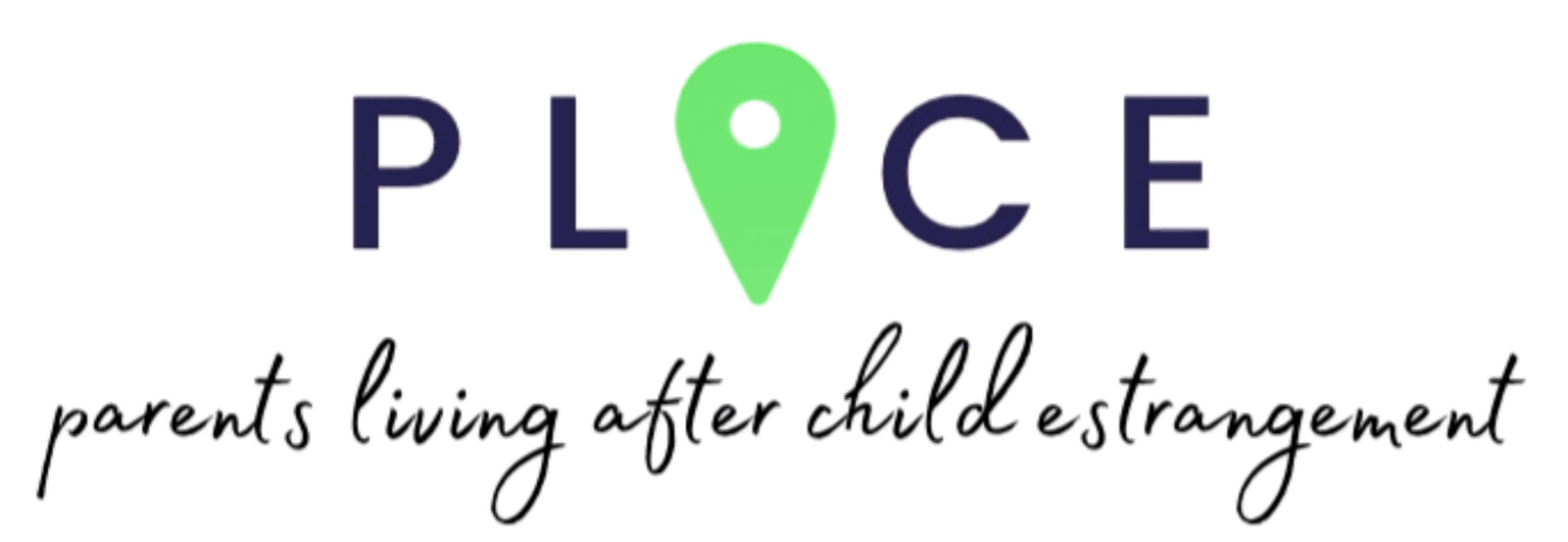By Brian Briscoe, LPC, LMFT
Founder of PLACE – Parents Living After Child Estrangement
Boundaries.
It’s a word that gets tossed around a lot these days, often misunderstood and sometimes misused—especially when it comes to parent-adult child relationships.
If you’re here, you might be wondering things like:
- How do I keep peace with my adult child while still protecting my emotional wellbeing?
- Is it selfish to set boundaries with someone I love?
- If I say no, will I drive them further away?
Let’s explore what boundaries really are, why they matter, and how you can establish healthy, flexible, and self-respecting boundaries—even in the face of conflict or estrangement.
First, Let’s Get Clear: What ARE Boundaries?
A boundary isn’t a wall. It’s not about cutting people out or shutting down connection.
A boundary is a personal policy. It’s your way of saying:
“This is how I will allow myself to be treated. This is how I will treat others. This is what I need in order to stay emotionally safe, healthy, and grounded.”
Boundaries are not rules for other people. You don’t get to control their behavior—but you absolutely get to decide what you will and will not participate in.
For example:
- ✅ “I won’t stay on the phone if the conversation becomes verbally abusive.”
- ❌ “You’re not allowed to yell at me.”
See the difference? One is about your action. The other tries to control theirs.
Why Boundaries Are Especially Important With Adult Children
Let’s face it: parenting doesn’t come with a clean-cut finish line. Your child turns 18, but your love, concern, and emotional investment don’t stop.
And for many parents, that love becomes boundary-less—leading to enmeshment, resentment, or even estrangement.
Here’s why boundaries are so essential when your child becomes an adult:
1. They Create Mutual Respect
Boundaries aren’t about power. They’re about mutual respect. You respect your child’s autonomy—and you ask for that same respect in return.
2. They Help You Stay Grounded
Without clear boundaries, you may find yourself walking on eggshells, suppressing your own needs, or feeling anxious every time you see their name pop up on your phone.
3. They Reduce Resentment
If you constantly overextend yourself—financially, emotionally, logistically—without limits, resentment builds. Resentment damages connection faster than almost anything else.
4. They Model Healthy Relationships
When you set boundaries, you teach your child (even implicitly) that it’s okay to have needs. That healthy people say “no” sometimes. That love and boundaries can coexist.
Common Scenarios Where Boundaries Are Needed
Let’s get specific. Here are some places where I see parents struggling most with boundaries:
💸 Financial Requests
“Can I borrow money?”
“Can you cover my rent again?”
“Why won’t you pay for my car insurance anymore?”
If it’s straining your budget, stressing your marriage, or being taken for granted—it’s okay to say no. You’re allowed to support them in non-financial ways.
→ Try: “I’m not able to provide financial support right now, but I’m happy to help you brainstorm some options.”
📱 Communication Styles
“They only call when they want something.”
“Every conversation turns into a fight.”
“They text me insults and then expect a reply.”
You can’t control their tone—but you can control whether you stay engaged.
→ Try: “I’m open to talking when we can speak respectfully. If the tone changes, I’ll end the call and we can try again later.”
More on this in Types of Boundaries
🚪 Unannounced Visits or Demands
“They just show up.”
“They expect me to drop everything.”
As a parent, you were once “on call” 24/7. That’s no longer healthy.
→ Try: “I love seeing you. Please call or text ahead next time so I can make sure I’m available.”
😞 Emotional Blame or Guilt
“You’re the reason I’m in therapy.”
“You ruined my childhood.”
“If you really loved me, you’d do ___.”
Whether these are true or distorted, you don’t have to accept emotional abuse.
→ Try: “I’m open to honest conversations about our past, but I won’t engage in blame or shaming. When you’re ready to talk respectfully, I’m here.”
The 3 Types of Boundaries—and Which One You Need
Boundaries typically fall into three categories:
🔒 Rigid Boundaries
“I won’t talk to them ever again. I’ve cut them off completely.”
- Feels safe in the short term, but can create distance, isolation, and long-term regret.
- Often a trauma response.
🧽 Porous Boundaries
“I just give in to avoid conflict. I’ll deal with my feelings later.”
- Leads to resentment, burnout, and feeling disrespected or invisible.
🌿 Healthy/Flexible Boundaries
“I know what I need to feel safe, but I’m open to respectful conversation and change.”
- This is the sweet spot. It honors your needs while leaving room for connection.
Read more about boundary types here.
What Setting a Boundary Actually Sounds Like
People sometimes think setting boundaries means becoming harsh or cold. It doesn’t. In fact, the best boundaries are calm, clear, and kind.
Here’s a simple formula:
“When [X happens], I will [do this], because [reason].”
Examples:
- “When conversations get heated, I will take a break, because I need to stay grounded.”
- “When I’m asked for money, I will say no, because I need to prioritize my financial health.”
- “When I’m being yelled at, I will end the call, because respectful communication is important to me.”
But What If They React Badly?
They might. Especially if they’re used to the old dynamic.
Setting boundaries often triggers pushback, especially if:
- You’ve always been the “yes” parent
- They’re in crisis and feel desperate
- They’re interpreting your boundary as rejection
That doesn’t mean the boundary is wrong. It just means it’s new—and new things are often uncomfortable.
Stay calm. Stay consistent. You’re not punishing them. You’re protecting you.
Boundaries and Estrangement
For some parents I work with at PLACE, setting a boundary comes after estrangement has already occurred.
Maybe you’re getting hostile emails. Maybe the silence itself feels like emotional warfare.
Here’s the truth: you still get to have boundaries.
Even if the relationship is fractured.
Even if they’re not responding.
A boundary might sound like:
- “I will not reread old texts that send me spiraling.”
- “I will not engage in name-calling or insults, even if provoked.”
- “I will take care of myself today, even if my child wants nothing to do with me.”
Estrangement does not erase your right to peace.
You might find these articles helpful:
👉 Support for Estranged Parents
👉 Coping with Child Estrangement
👉 Healing After Child Estrangement
Boundaries Are an Act of Love—For Both of You
You’re not being selfish.
You’re not being dramatic.
You’re not pushing them away.
You’re drawing a map for how to stay in connection without losing yourself.
That’s love. That’s courage. That’s wisdom.
Need Help Setting Boundaries? I’m Here.
As a licensed counselor, I’ve worked with hundreds of parents navigating the heartbreak of difficult or estranged relationships with their adult children. At PLACE, we don’t do blame. We do honest conversations, compassionate support, and real tools to help you find your footing again.
You can work with me one-on-one through private therapy or parent coaching, or join one of our peer support groups where other parents just like you are learning to set boundaries with courage and grace.
Interested? Book a free 15-minute consult or contact me here.
Related Reading and Internal Links
- Types of Boundaries
- Therapy for Estranged Parents
- Support Groups for Parents
- Mental Health Support for Parents
- What To Do If Your Adult Child Won’t Talk To You
- The Silence Is Loud








